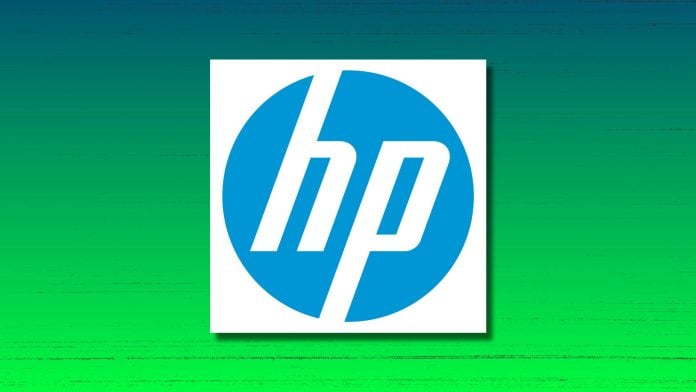HP Inc. has recently announced its fiscal 2025 year-end and fourth-quarter results, revealing significant insights that could be of great interest to small business owners considering their printing and PC needs. The report highlights substantial year-over-year growth and advancements that can impact how small businesses operate and leverage technology.
For small business owners, HP’s strong performance signals confidence in the company’s ability to innovate and provide products that can help enhance productivity. HP reported an impressive revenue increase of 7% for the fourth quarter, reaching $15.497 billion. Chief Executive Enrico Pesci noted, “We delivered strong results in line with our strategic priorities and demonstrated our ability to adapt and thrive in a changing market.”
HP’s fiscal 2025 was bolstered by notable growth in its Personal Systems segment, which saw a revenue increase of 11%. This segment includes laptops and desktop computers essential for businesses. Small business owners can derive several benefits from this, including access to more advanced and capable devices, potentially enhancing operational efficiency and employee productivity.
Another crucial area to note is the Printer segment, which HP reported stable revenue despite a challenging market. The company emphasized its commitment to sustainability with initiatives aimed at reducing waste through recycling programs and offering eco-friendly printing solutions. "We are redefining how printing integrates with the modern workspace while maintaining our commitment to sustainability," stated Pesci. This could present small businesses with opportunities to align with eco-conscious practices, attracting customers who prioritize sustainability.
HP’s push towards incorporating AI and machine learning into its products aims to elevate user experience, automating routine tasks and offering smarter solutions. For instance, small businesses might find it easier to manage printing needs with software that optimizes print jobs and reduces costs. As Pesci highlighted, “The integration of intelligent technology into our products is designed to support the evolving needs of our customers, facilitating easier management and better efficiency.”
However, there are challenges small business owners should consider. The competitive landscape is fierce, with various companies vying for market share, which may lead to price fluctuations. Moreover, as HP invests heavily in R&D for AI and sustainability, the strain on resources might slow innovation in other areas. This means small businesses need to stay informed and agile, adapting swiftly to changes in technology offerings.
Importantly, the ongoing transition to remote and hybrid work models presents a mixed bag for businesses reliant on HP’s products. While flexible work arrangements can drive down costs in some areas, they also require businesses to rethink workstation configurations. Businesses will need to balance their investments in on-premise equipment against the demands of an increasingly digital workforce.
HP’s fiscal growth presents a wealth of opportunities for small businesses looking to invest in technology that promotes sustainability and efficiency. As the company solidifies its market position, navigating the landscape effectively will be key. Small business owners should closely monitor these developments to leverage HP’s advancements for their own business growth, particularly as technology continues to evolve rapidly.
In summary, HP’s fiscal 2025 results paint an optimistic picture for small business owners considering their technology investments. From robust product offerings to a commitment to sustainability, the insights gathered from the company’s performance can serve as guideposts for future strategies. For more detailed financial information and insights, visit HP’s official press release.
Image Via BizSugar



